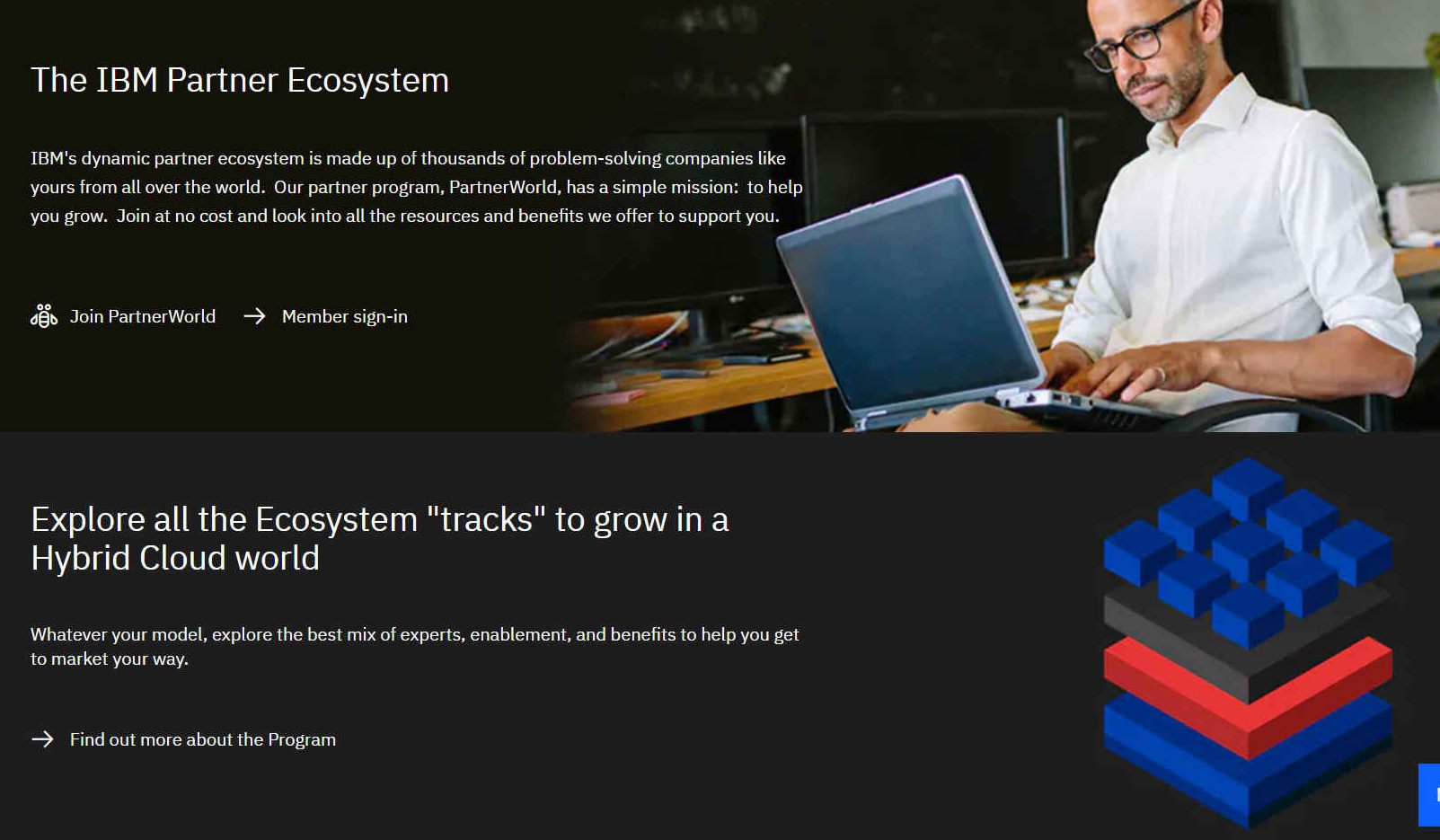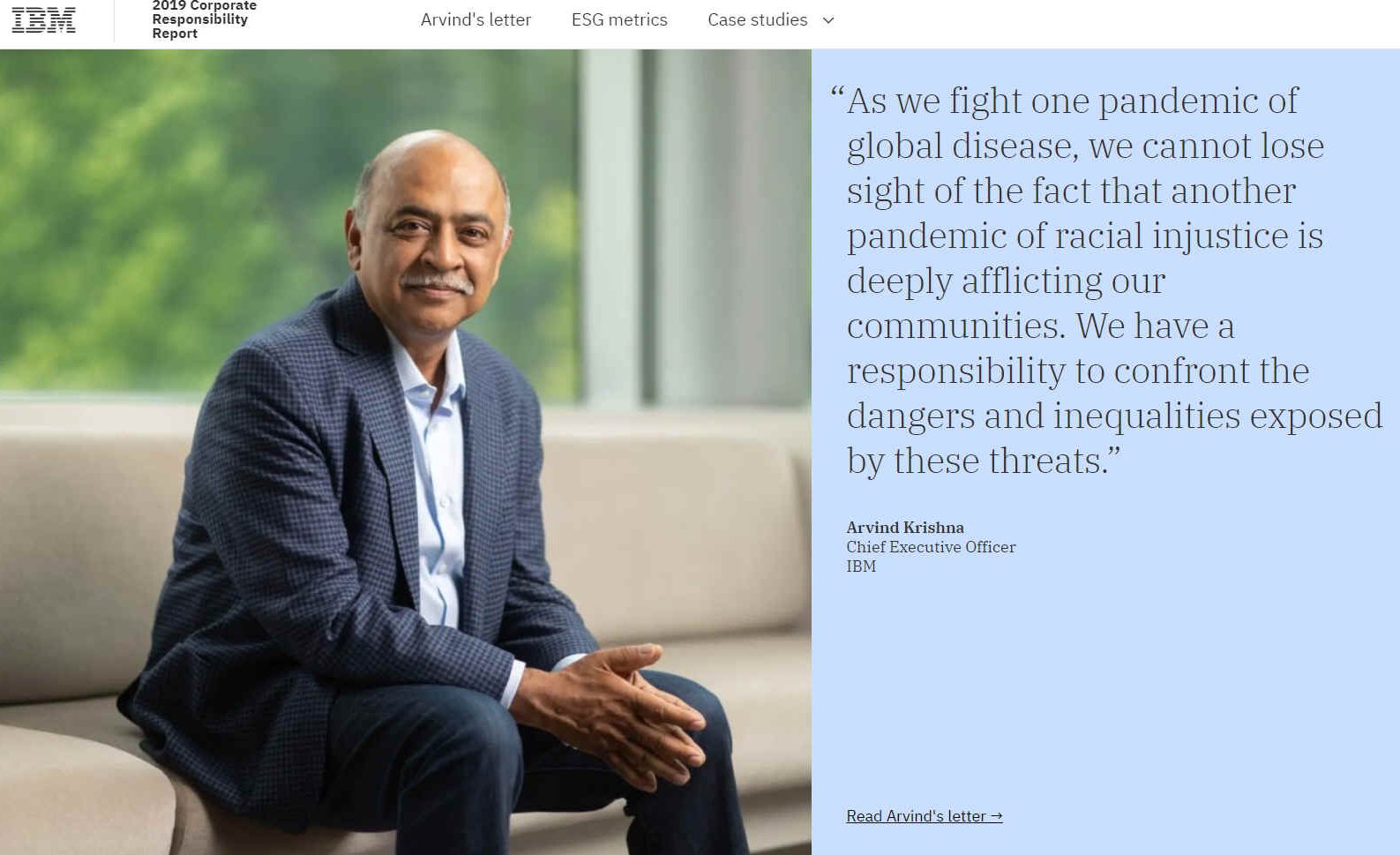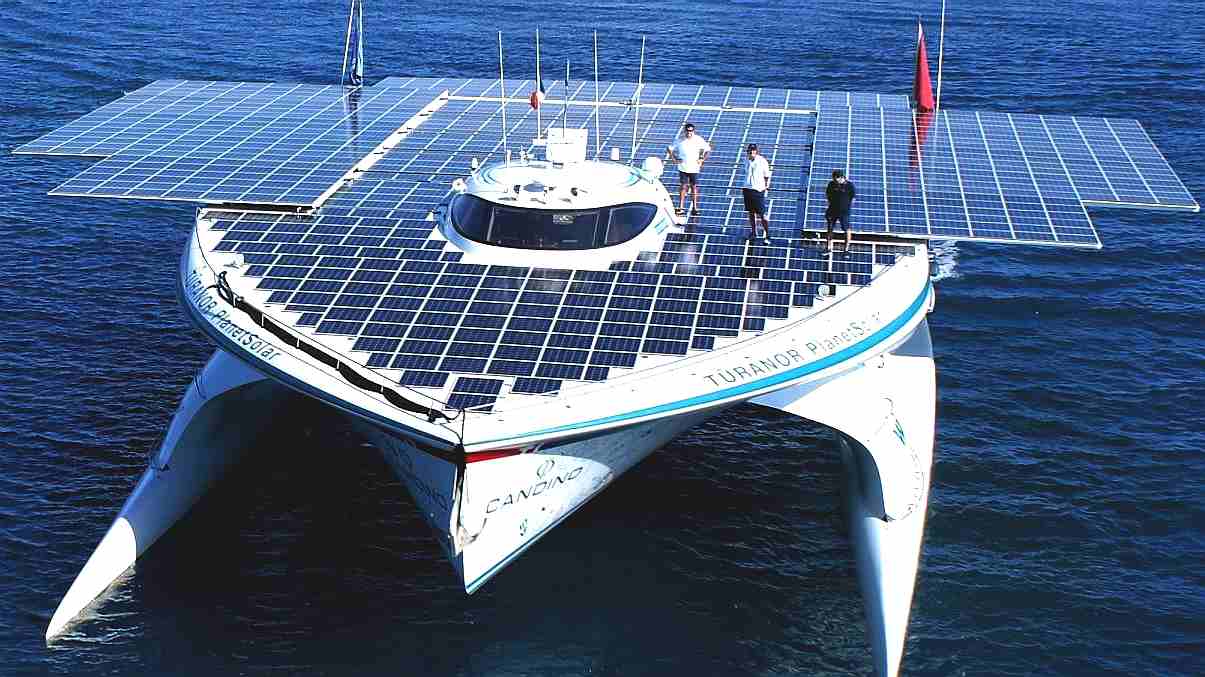|
MAYFLOWER - IBM
Please use our A-Z INDEX to navigate this site or return HOME
|
|||||||||||||||||||||||||||||||||||||||||||||||||||||||||||||||||||||||||||||||||||||
IBM PARTNERING - This is a free partner finder and resource
IBM Artificial intelligence systems are increasingly being used to support human decision-making. While AI holds the promise of delivering valuable insights and knowledge across a multitude of applications, broad adoption of AI systems will rely heavily on the ability to trust their output.
Human trust in technology is based on our understanding of how it works and our assessment of its safety and reliability. To trust a decision made by an algorithm, we need to know that it is reliable and fair, that it can be accounted for, and that it will cause no harm. We need assurance that it cannot be tampered with and that the system itself is secure. We need to understand the rationale behind the algorithmic assessment, recommendation or outcome, and be able to interact with it, probe it – even ask questions. And we need assurance that the values and norms of our societies are also reflected in those outcomes.
IBM’s computer vision technology deciphers images streaming in from the ship’s six on-board video cameras. Trained on millions of maritime images gathered by the ship maker since 2017, this vigilant AI-powered system is now able to recognise a wide range of threats in the vicinity of the
ship - whether physical outcroppings of land, floating debris, marine life, other vessels or various other potential perils.
With no humans onboard,
Mayflower must be able to operate independently- even in the middle of the
ocean with limited or no network connectivity. To do so, MAS is equipped with Level-5 automation, so it can act safely with no human intervention.
Even before the ship was constructed, the AI Captain machine learning models were built and tested on an IBM AC922 Power server—the same technology behind some of the world’s most powerful supercomputers. This reduced the time and expense of physical testing, and it means that MAS’s algorithms can be constantly tweaked and updated by the MAS support team on shore. It also means that the AI Captain can be easily installed onto other vessels.
IBM'S STRATEGY - "We are also building technology platforms designed to make organizations and their operations more resilient, efficient and sustainable for people and the planet. We know that in order to be successful, technologies must be not only effective, but trustworthy. IBM’s long-standing commitment to good tech reflects our company’s most deeply held values as well as our pledge to put responsible stewardship in the digital age at the core of our business strategy."
According to a study conducted by One Poll on behalf of IBM in the UK, more Brits are concerned about plastics in the ocean than any other form of plastic pollution, and 80% are worried about microplastics ending up in the food we eat. The University of Plymouth – a global authority in microplastics - will lead research to advance understanding in this critical area, analyzing water samples from MAS as it sails across the Atlantic to understand more about the origin, distribution and potential impact of microplastics in the ocean.
CORPORATE RESPONSIBILITY
IBM values innovation that matters, not just for our company, but also for our clients and the world — and this commitment includes the application of our expertise and technologies to solve environmental challenges.
“We accept our responsibilities as a corporate
The United Nations (UN) Sustainable Development Goals (SDGs) are 17 interconnected and equally valued initiatives aimed to build a sustainable and inclusive world by 2030.
Unanimously committed to by 193 nations in 2015, these goals build on the previous eight Millennium Development Goals. The 17 SDGs contain 169 proposed targets with implementation strategies for countries to adopt. In response, governments, businesses, civil society and the UN are mobilizing and/or demonstrating efforts to contribute toward achieving these goals.
CONTACTS
IBM Press Office
Jonathan Batty
LINKS & REFERENCE
https://newsroom.ibm.com/2020-09-15-Mayflower-Autonomous-Ship-Launches https://www.ibm.com/partnerworld/public https://www.ibm.com/ https://mas400.com/
|
|||||||||||||||||||||||||||||||||||||||||||||||||||||||||||||||||||||||||||||||||||||
|
Please use our A-Z INDEX to navigate this site or return HOME
This website is Copyright © 2020 Jameson Hunter Ltd
|


